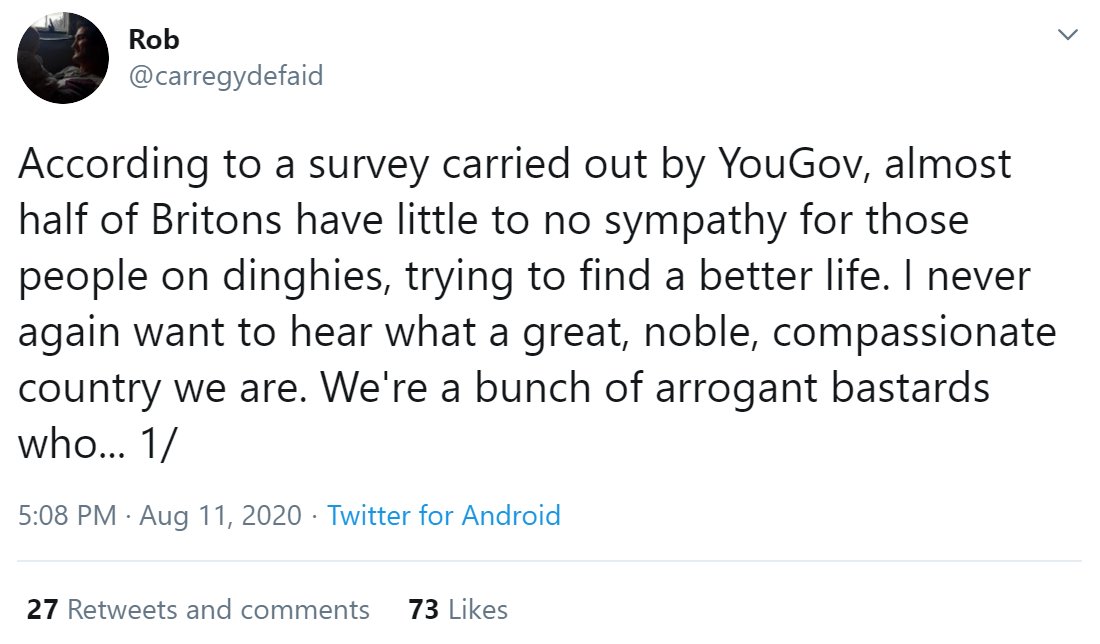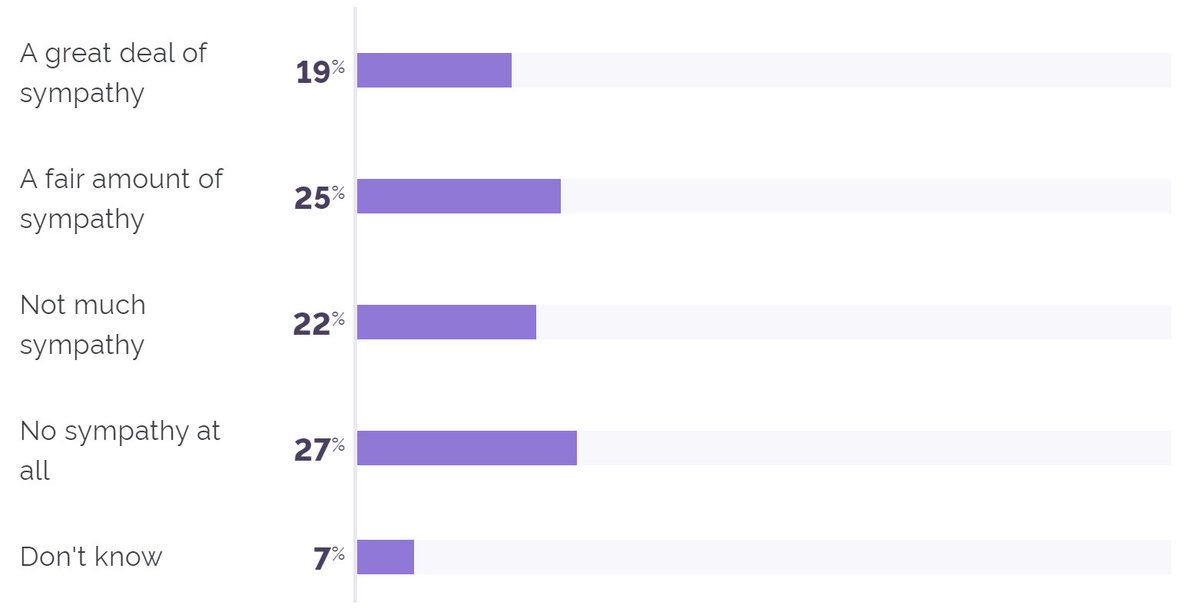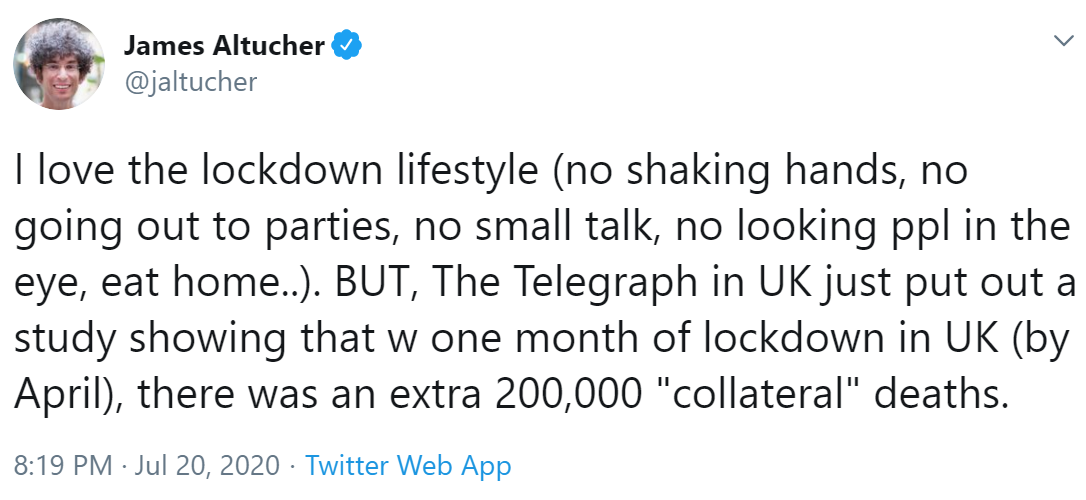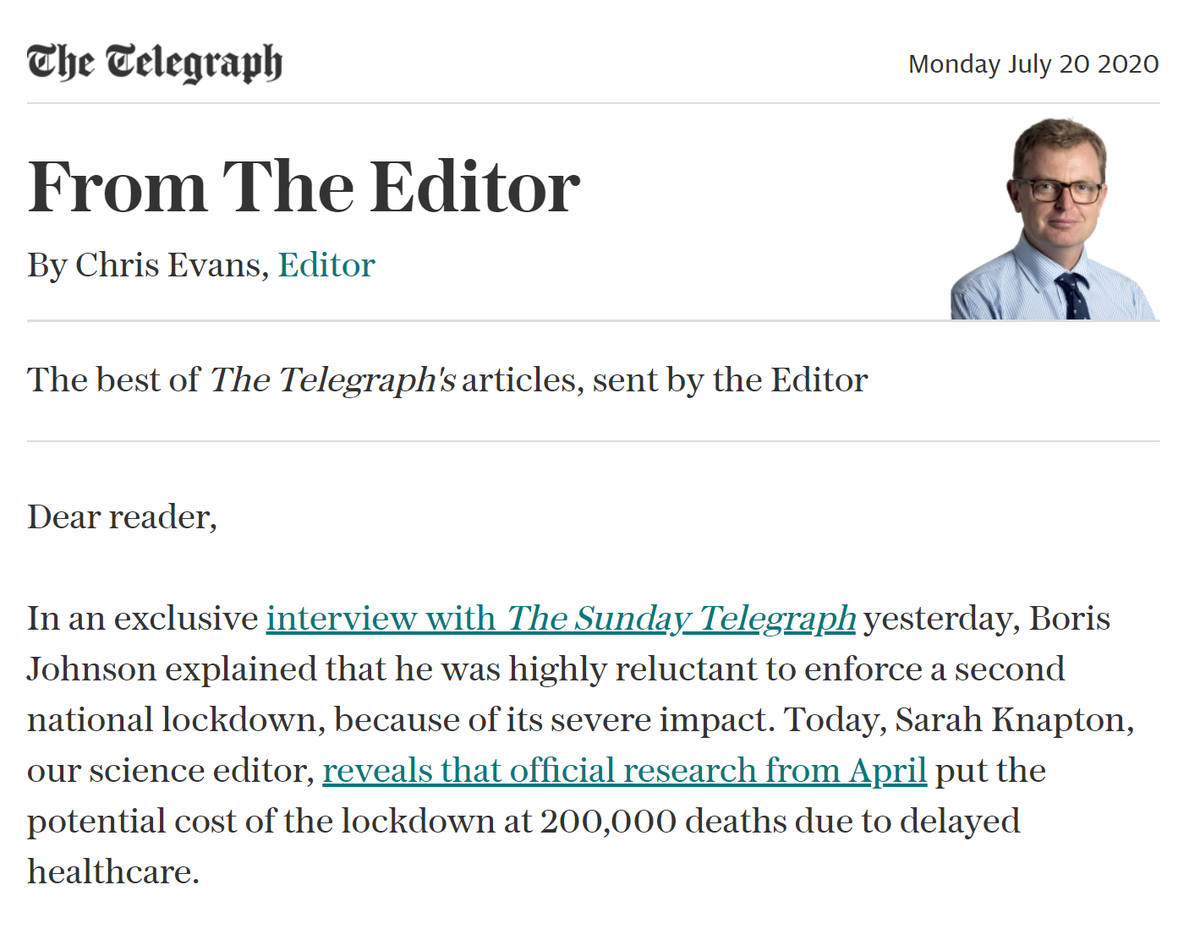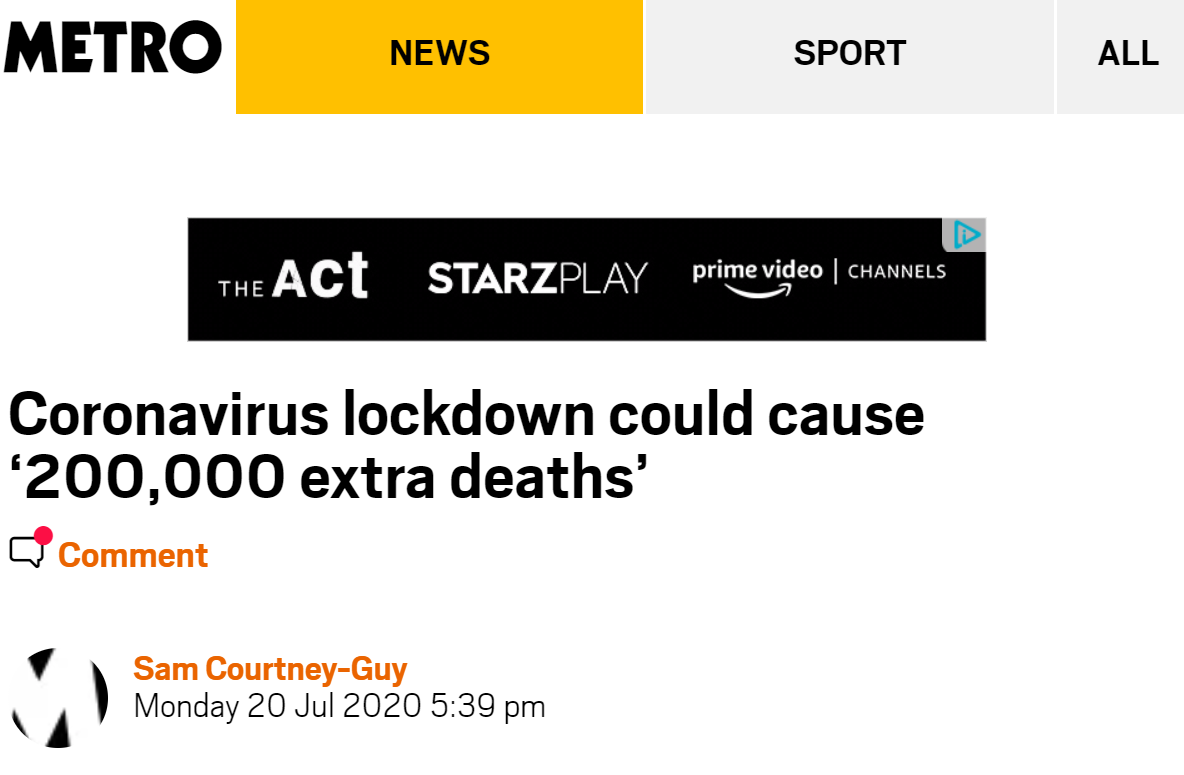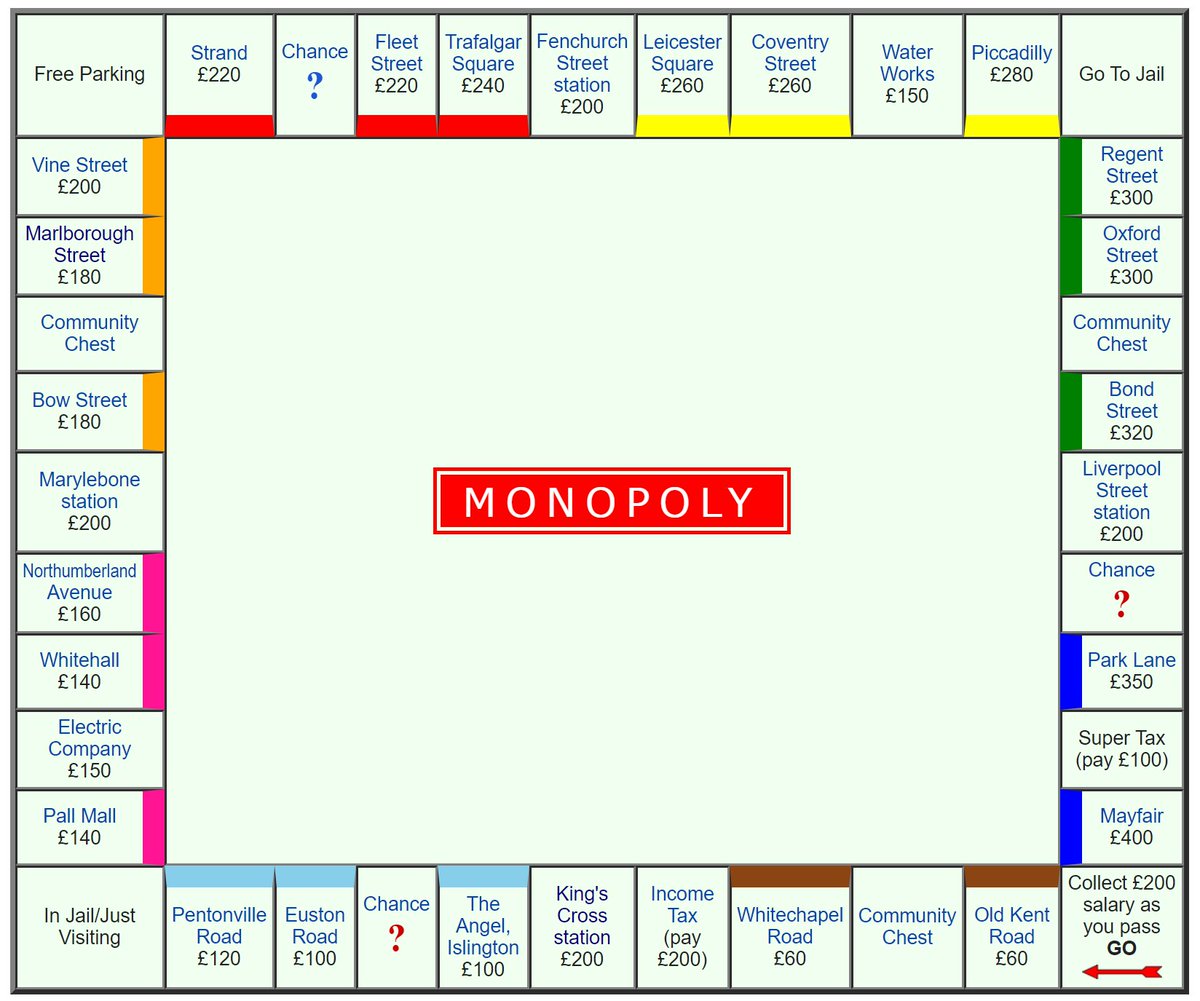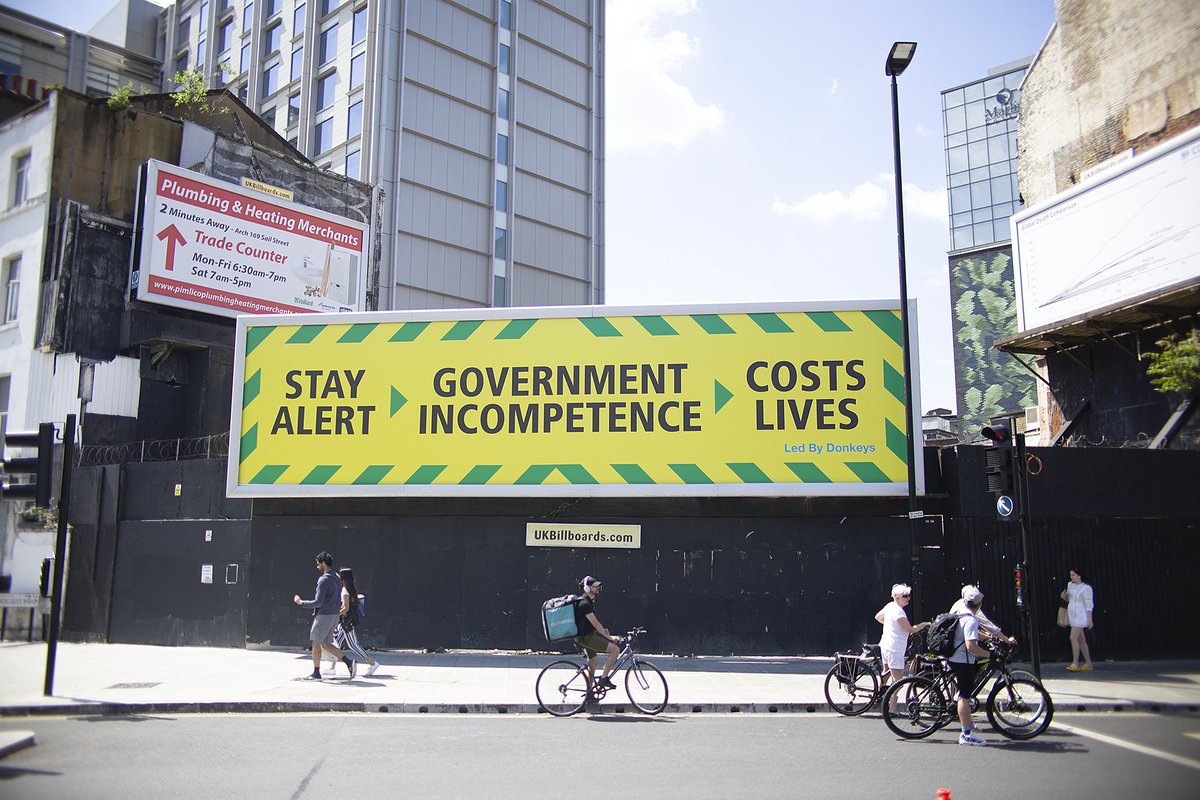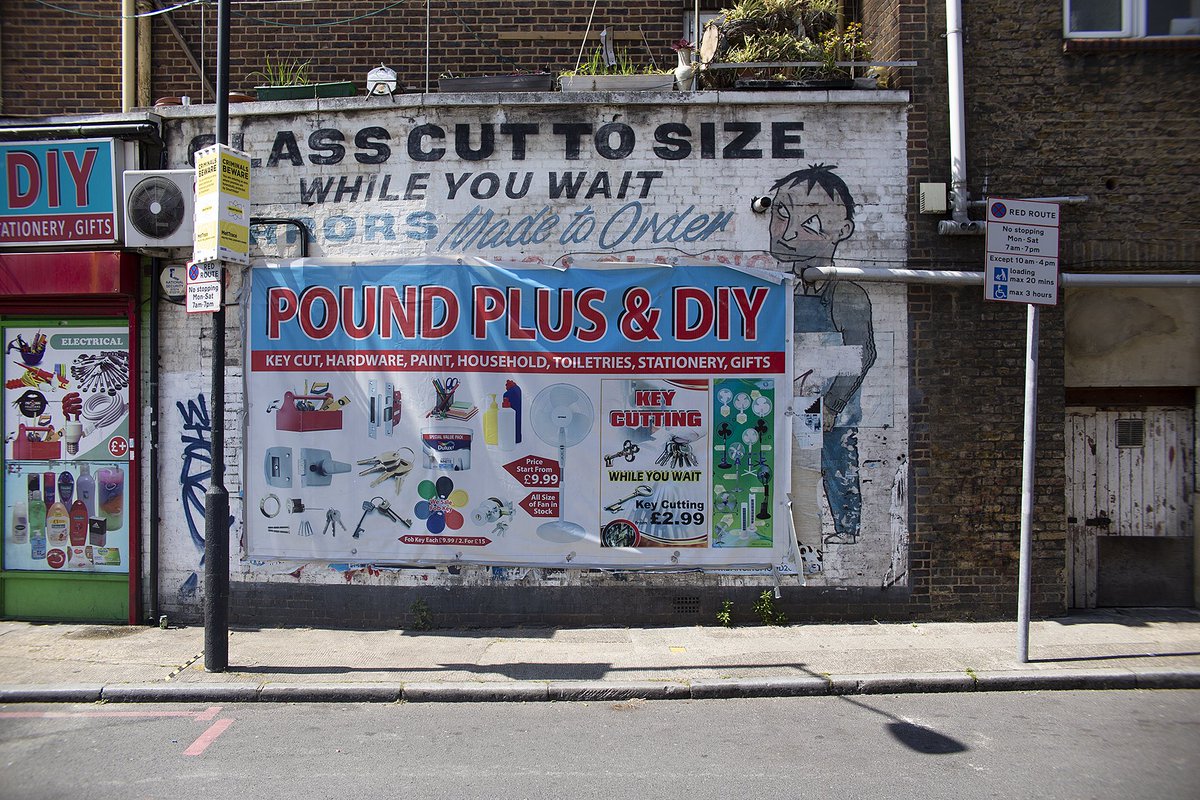Maybe this wording & the 'group empathy' issue make a difference, maybe they does not.
"Almost half of Britons (49%) say they have little (22%) to no sympathy (27%)"
Ie, they've grouped people with 'no sympathy', & those with 'a little' sympathy to create a bigger number.
If you say: "I have little to no sympathy", some will essentially read that as "no sympathy".
But actually 45% of that "little to no sympathy" group deliberately avoided saying they have "no sympathy".
Note: If I tell you there's 'a fair amount of work to be done', or someone earns 'a fair amount of money', do you read that as 'some', or 'a considerable amount'?
Maybe you agree that they are variants of 'a lot', but even if you don't, you can probably see that some readers will.
a) a lot. (a great deal / a fair amount)
b) not much.
c) none.
If you're at the 'zero sympathy' end of the spectrum, you pick 'no sympathy at all'.
(Also bearing in mind this is simply a YouGov daily survey, with no real life ramifications)
- "if they genuinely deserve asylum, of course, but many do not"
- "I feel sympathy for some but not all"
- "we need to stop them from risking such danger"
Your only choices are:
'a fair amount of sympathy'
'not much sympathy'
If your opinion is nuanced, you may not want to select something that may be read as 'a lot of sympathy'.
You also do not want to select 'no sympathy', because you do have some.
BUT others may answer that because it is the only option from a very limited set that can be read as "my opinion is nuanced", or "I have sympathy with some but not others".

